-
Doctors
-
Specialities & Treatments
Centre of Excellence
Specialties
Treatments and Procedures
Hospitals & Directions HyderabadCARE Hospitals, Banjara Hills CARE Outpatient Centre, Banjara Hills CARE Hospitals, HITEC City CARE Hospitals, Nampally Gurunanak CARE Hospitals, Musheerabad CARE Hospitals Outpatient Centre, HITEC City CARE Hospitals, Malakpet
HyderabadCARE Hospitals, Banjara Hills CARE Outpatient Centre, Banjara Hills CARE Hospitals, HITEC City CARE Hospitals, Nampally Gurunanak CARE Hospitals, Musheerabad CARE Hospitals Outpatient Centre, HITEC City CARE Hospitals, Malakpet Raipur
Raipur
 Bhubaneswar
Bhubaneswar Visakhapatnam
Visakhapatnam
 Nagpur
Nagpur
 Indore
Indore
 Chh. Sambhajinagar
Chh. SambhajinagarClinics & Medical Centers
Book an AppointmentContact Us
Online Lab Reports
Book an Appointment
Consult Super-Specialist Doctors at CARE Hospitals

Paediatric Pulmonology
Paediatric Pulmonology
Pediatric Pulmonology Disorders Treatment in Hyderabad, India
Breathing problems are sometimes very serious and even children face these problems at times. The job of a paediatric pulmonologist is to treat these children who suffer from breathing problems. These are some of the common conditions that are treated by a paediatric pulmonologist:-
-
Asthma
-
Pneumonia
-
Wheezing
-
Bronchitis
Wheezing is a common symptom of many breathing problems. It could just be because of something as common as a cold or be something serious like Asthma. It is a frequent thing that patients come to see the paediatric pulmonologists to get their child treated for wheezing and to determine if that wheezing means that their child is suffering from asthma. Some of the other condition that gets treated by a paediatric pulmonologist include:
-
Apnea (Babies with apnea will stop breathing, or "forget" to breathe.)
-
technology-dependent children (Some children require oxygen and/or a respirator to help them breathe.)
-
Cystic Fibrosis (Cystic Fibrosis is an inherited condition that causes an excessive buildup of mucus in the lungs.)
There are several services that are offered by a paediatric pulmonologist. Pulmonary function testing and flexible fiberoptic bronchoscopy (FBB) are a part of the services offered by a paediatric pulmonologist. A non-invasive test known as pulmonary function testing is done in different ways in ways that are suitable to kids of all ages. A fiberoptic scope is used in the FBB procedure to look inside the lungs for any signs of any defect. This is a more invasive method, but this is not a surgery. Even though it is not surgery, it does require sedation.
Situations where Paediatric Pulmonology is Required
As we have discussed briefly before, paediatric pulmonology involves several diseases. Now to get a better understanding of paediatric pulmonology, let us take a deeper dive into the diseases that are related to paediatric pulmonology.
Asthma- Asthma is a condition that affects the airways in your body. In this condition, the airways in your body get narrow and swell up. The airways also produce some extra mucus if it is affected by asthma. These effects make breathing really difficult and also trigger coughing. This also leads to wheezing, which is a whistling sound produced when you breathe, and also leads to shortness of breath. Asthma might turn out to be a minor nuisance for some people. But for others, Asthma can be very serious and sometimes even life-threatening. It can even become so serious as to interfere with daily activities and can cause asthma attacks. Asthma is a condition that cannot be cured. Even then, the symptoms of asthma can be kept under control. Asthma has the tendency to change over time often. You should always have a doctor that you can consult and work with to follow up on the signs and symptoms of your asthma. This will help you get the treatment that you require according to your condition.
Pneumonia- Pneumonia is a disease, an infection that results in the inflammation of the air sacs in one or both of your lungs. The air sacs in your lungs get filled with pus and fluid (purulent material) when you are affected by pneumonia. The signs and symptoms of pneumonia include cough with pus or phlegm, chills, fever, and difficulty breathing. The cause of pneumonia can be a variety of organisms including bacteria, virus, or fungi. As with all diseases, the severity of pneumonia can range from mild to life-threatening. In infants and children, it is the most serious.
Wheezing- Wheezing is a symptom of many pulmonary conditions. Wheezing itself is a pulmonary condition. Wheezing presents itself as a coarse, high-pitched, whistling sound that comes when you breathe. Wheezing is a common symptom of many kinds of respiratory allergies, especially during the hay fever season.
Respiratory infections like acute bronchitis are accompanied by wheezing. The most common causes of wheezing are asthma and chronic obstructive pulmonary disease (COPD). There are several treatments that can ease your child’s wheezing. Sometimes, wheezing can get severe and you might face difficulty breathing. For this reason, you should be in contact with a doctor to track your health conditions related to breathing and lungs. A pulmonologist is the best option if you have any of these diseases.
Bronchitis- Bronchial tubes are passages in your child’s body that air to and from your lungs. If there is an inflammation in the lining of your bronchial tubes, it is known as bronchitis. Thickened mucus is coughed up by people who suffer from bronchitis. The mucus might be discolored. As with every disease, bronchitis can range from mild to chronic.
Acute bronchitis often develops from a common cold or any other respiratory infection. Chronic bronchitis is a more serious condition. This is followed by constant irritation or inflammation in the lining of the bronchial tubes. This can also occur often due to smoking. Another name for acute bronchitis is also a chest cold. This usually takes around a week or about 10 days to recover. It does not have any lasting effects. But the cough generally stays for a few weeks that follow. If a person suffers from chronic bronchitis, then they should seek immediate medical attention.
Apnea- Apnea, also known as apnoea, is basically the cessation of breathing. If a person suffers from apnea, then they just forget to breathe or just stop breathing all of a sudden. Your airways get blocked (patency) during apnea. Depending upon the severity of your blockage of air passages, the flow of air to and from your lungs might stop. This is exactly like holding your breath but it is involuntary in this case. This is generally diagnosed during childhood. You might consult an ENT, allergist, or sleep physician to discuss the symptoms and to get proper treatment for apnea.
Cystic Fibrosis- Cystic fibrosis disorder is inherited. It expresses itself in the form of severe damage in the lungs, digestive system, and several other organs of your body.
Cells that are associated with the production of mucus sweat and digestive juices are generally affected by cystic fibrosis. These fluids, which are generally thin and slippery, become thick and sticky. The fluids, which generally act as lubricants, begin plugging up ducts, tubes, and passageways. This happens especially in the lungs and the pancreas. Cystic fibrosis is a progressive disease and requires daily care. Even then, people who suffer from cystic fibrosis can do daily work and like to attend school and go to work. There have been significant improvements in the treatment and screening of Cystic fibrosis.
Diagnosis of pulmonary conditions: What to expect?
Your primary care physician can make a referral to a pulmonologist based on your symptoms and the severity of your condition. The pulmonologist may recommend one or a combination of procedures to gather more information about the underlying cause, aiding in the selection of the most appropriate treatment.
- CT Scan: A chest CT scan is advised to gain a comprehensive understanding of the conditions affecting the lungs, lymph nodes, bones, muscles, and blood vessels within the chest.
- Ultrasound: An ultrasound is performed to evaluate and diagnose structures within the chest, including the pleural space, lungs, and mediastinum.
- Pulmonary Function Test: A breathing test is conducted to assess lung function, particularly for conditions like asthma or chronic lung disease.
- Bronchoscopy: This test is carried out to identify issues related to the airway or lung infections, with a primary focus on the trachea, lower airways, throat, or larynx.
- Thoracentesis: Excessive fluid in the pleural space between the lungs and chest wall, known as pleural effusion, can cause breathing difficulties. Thoracentesis is a procedure performed to remove excess fluid, alleviating breathing problems.
- Chest Fluoroscopy: Chest fluoroscopy is an X-ray examination designed to assess lung function.
- Pleural Biopsy: Tissue is extracted from the pleura membrane to investigate the presence of infection or cancer.
How can CARE Hospitals Help?
Paediatric pulmonology is delicate work as it involves serious diseases and it involves children. But if you have a child who you need to get treated for any of these diseases, you need not worry because CARE Hospitals are there at your service. As we know, paediatric pulmonology should always be handled by expert hands. At the CARE Hospitals, there are a group of the best pulmonologists that will help you with the treatment of your diseases. The paediatric teams are very qualified and can treat your child with utmost care. We also use the latest technology for the diagnosis and screening of all kinds of diseases. So if you are worried, just contact the CARE Hospitals and you will, without any doubt, be in the best hands.
Our Doctors
-
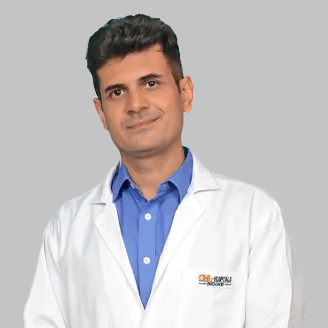
Dr. Manish Jain
MBBS, DCH
Paediatrics
View More -
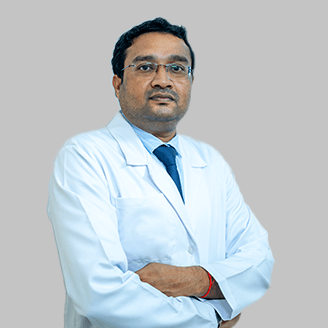
Dr. Saurabh Piparsania
MBBS, DNB, MNAMS, MBA
Paediatrics
View More -
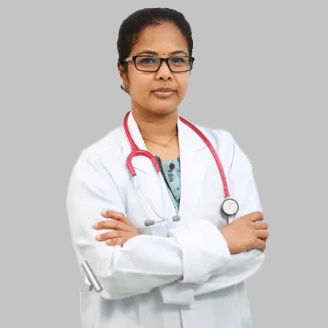
Dr. A R M Harika
MBBS, MD, Fellow in Neonatology
Neonatology, Paediatrics
View More -
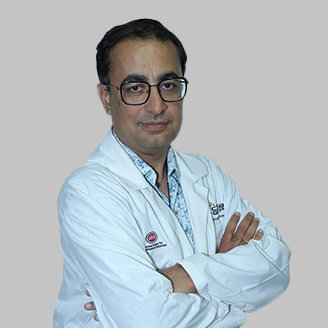
Dr. Abhay Jain
MBBS, DCH, DNB
Paediatrics
View More -
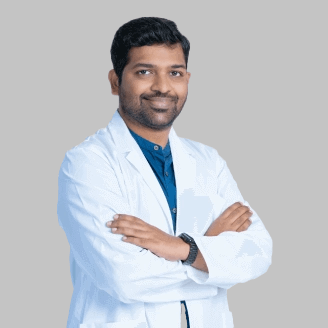
Dr. Ganta Rami Reddy
MBBS, MD (Paediatrics), Fellowship in Neonatology
Neonatology, Paediatrics
View More -
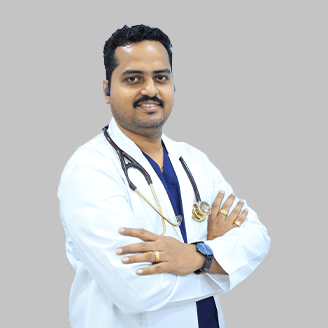
Dr. Kanhu Panda
MBBS (Gold medalist), MD (Pediatrics)
Paediatrics
View More -
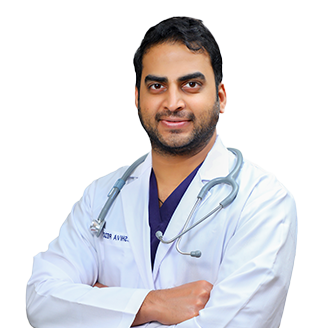
Dr. Kumbham Shiva Reddy
MBBS, MD (Pediatrics)
Paediatrics
View More -
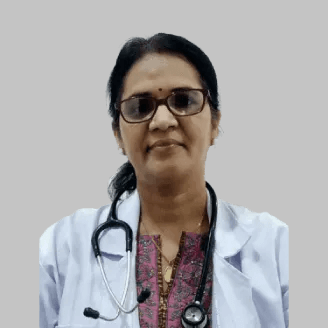
Dr. Mamata Panda
MBBS, MD (Pediatrics)
Paediatrics
View More -
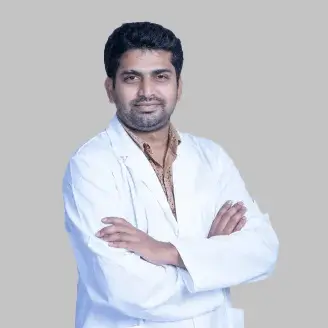
Dr. Mekarthi Abhinav
MBBS, DNB (Paediatrics), Fellowship in Neonatology
Paediatrics
View More -
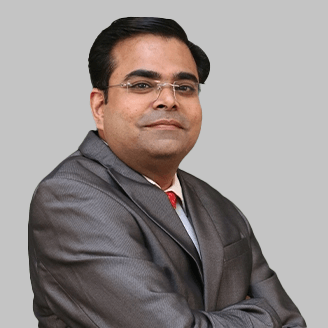
Dr. Pawan Jain
MBBS, MD, FPCC, PGDEPI, EPIC Diploma
Paediatrics
View More -
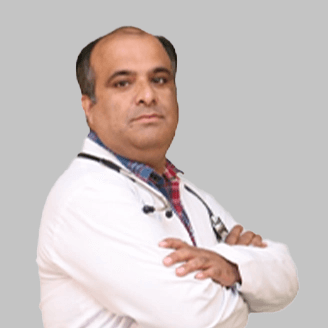
Dr. Prashant Thakur
MBBS, DNB, FNB (Paediatrics)
Paediatrics
View More -
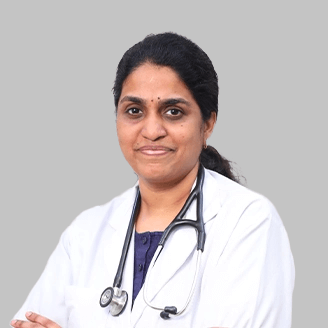
Dr. Priyanka Reddy Nagaradona
M.D, D.N.B Pediatrics
Paediatrics
View More -
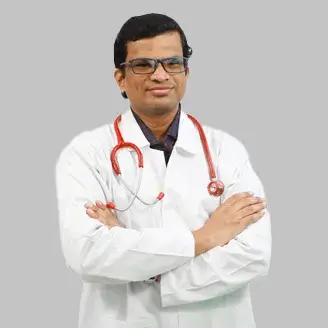
Dr. Sunil Patil
MBBS, DNB Paediatrics, IAP Fellowship In Neonatology
Neonatology, Paediatrics
View More -

Dr. Syed Ershad Mustafa
MBBS, DNB
Neonatology, Paediatrics
View More -
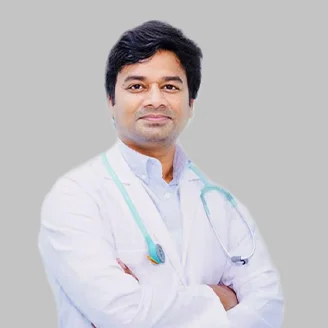
Dr. Vittal Kumar Kesireddy
MBBS, MD, Fellow in Neonatology
Neonatology, Paediatrics
View More -
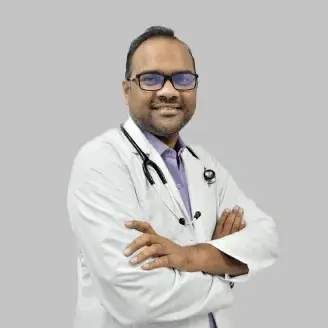
Dr. Y. Gangadhara Rao
MBBS, DNB
Neonatology, Paediatrics
View More
Frequently Asked Questions
Couldn’t find what you were looking for?
Need any help? Get a Call Back.

Still Have a Question?

